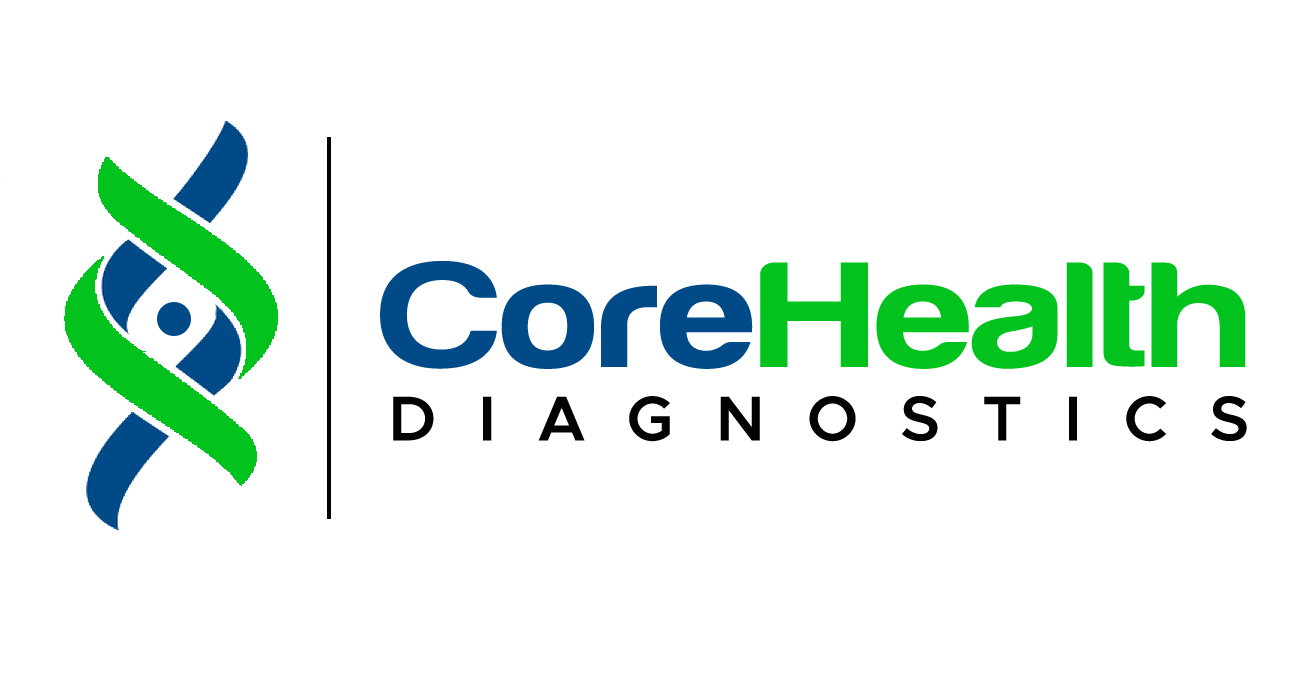Antenatal care is the medical care that pregnant women receive during their pregnancy. It helps monitor the health of both the mother and the baby, ensuring a smooth and healthy pregnancy.
Proper antenatal care reduces the risk of complications and prepares you for childbirth. Here are some simple and essential antenatal care tips to ensure a healthy pregnancy.

1. Start Antenatal Visits Early
The moment you find out you’re pregnant, schedule your first antenatal visit. Early prenatal care is important because it helps doctors detect any health conditions early on.
During these visits, doctors will run tests, track your baby’s development, and give you advice on how to take care of yourself during pregnancy.
Why It’s Important:
- Early visits help identify any possible risks.
- You’ll get professional guidance on nutrition, lifestyle, and exercise.
- Doctors can catch issues like high blood pressure or diabetes early, which reduces risks.
What to Expect:
- Physical exams to check your weight, blood pressure, and overall health.
- Blood tests to check for anemia, infections, and blood type.
- Ultrasounds to monitor your baby’s growth and heartbeat.
2. Eat a Balanced Diet
A healthy diet is crucial for both you and your growing baby. Your body needs more nutrients, vitamins, and minerals when you’re pregnant.
Focus on eating balanced meals that include vegetables, fruits, whole grains, protein, and dairy. Make sure to consume foods rich in iron, calcium, and folic acid.
Key Nutrients to Focus On:
- Folic Acid: Helps prevent birth defects of the baby’s brain and spine. Found in leafy greens, beans, and fortified cereals.
- Iron: Supports increased blood volume and prevents anemia. Get iron from red meat, spinach, and lentils.
- Calcium: Essential for your baby’s developing bones and teeth. Include milk, yogurt, and cheese in your diet.
- Protein: Helps in the baby’s growth. Eat lean meats, eggs, and nuts.
Hydration:
Drink plenty of water throughout the day. Staying hydrated helps in digestion, circulation, and keeps your energy levels up. Aim for at least 8-10 glasses of water per day.
3. Take Prenatal Vitamins
In addition to a healthy diet, prenatal vitamins are essential. These vitamins ensure you get the necessary nutrients that might be missing from your meals.
Prenatal vitamins typically contain folic acid, iron, calcium, and DHA (an omega-3 fatty acid important for the baby’s brain development).
How Prenatal Vitamins Help:
- Folic Acid: Reduces the risk of neural tube defects.
- Iron: Supports your increased blood supply and prevents anemia.
- Calcium: Strengthens both your bones and your baby’s.
- DHA: Supports the baby’s brain and eye development.
Tip:
Take your vitamins as prescribed by your doctor, usually once a day. If you feel nauseous, take them with food or before bedtime.
4. Get Regular Exercise
Staying active during pregnancy helps keep you healthy and prepares your body for labor.
Exercise can also reduce stress, improve your mood, and help manage weight gain. Light exercises like walking, swimming, or prenatal yoga are great options.
Benefits of Exercise:
- Boosts energy: Exercise helps reduce fatigue and keeps you energized.
- Reduces back pain: Strengthening your muscles can relieve backaches and other discomforts.
- Improves mood: Physical activity releases endorphins, which help combat stress and anxiety.
- Prepares your body for labor: Regular exercise strengthens your muscles and endurance, making it easier to handle labor.
Safety Tips:
- Always consult your doctor before starting an exercise routine.
- Avoid high-impact sports or exercises that put too much strain on your body.
- Stay hydrated and avoid overheating during workouts.
5. Get Enough Rest
Sleep and rest are important for a healthy pregnancy. Your body is working hard to support the growing baby, and you need more rest than usual. Aim for 7-9 hours of sleep each night. If you feel tired during the day, take short naps to recharge.
How to Improve Sleep:
- Use pillows: Place a pillow between your legs and under your belly for added comfort.
- Sleep on your side: Especially in the second and third trimesters, sleeping on your side (preferably the left side) improves blood flow to the baby.
- Create a calming routine: Try relaxing before bed by taking a warm bath or reading a book.
- Avoid heavy meals before bed: Large meals can cause discomfort, making it harder to fall asleep.
6. Attend All Antenatal Classes
Antenatal classes help prepare you for childbirth and baby care. These classes provide useful information on what to expect during labor, how to care for a newborn, and breastfeeding techniques.
What You’ll Learn:
- How to handle contractions during labor.
- Breathing techniques to manage pain during delivery.
- Tips for newborn care, including bathing and feeding.
- Breastfeeding positions and how to get the baby to latch.
Why It’s Beneficial:
- You’ll gain confidence in your ability to care for your baby.
- You’ll meet other expectant mothers and build a support network.
- You’ll have a better understanding of the birthing process.
7. Avoid Harmful Substances
Certain substances can be harmful to your baby’s development, especially during pregnancy. It’s important to avoid smoking, alcohol, and certain medications. These can increase the risk of miscarriage, preterm birth, and birth defects.
Harmful Substances to Avoid:
- Smoking: Increases the risk of low birth weight, preterm labor, and breathing issues in newborns.
- Alcohol: Can lead to fetal alcohol syndrome, which affects your baby’s brain and physical development.
- Caffeine: Limit your intake to less than 200 mg per day (about one cup of coffee) to reduce the risk of miscarriage.
- Certain medications: Always consult your doctor before taking any medication, including over-the-counter drugs.
Tip:
If you’re struggling to quit smoking or drinking, seek support from your doctor or a counselor. There are safe methods to help you quit during pregnancy.
8. Monitor Your Weight Gain
While it’s normal to gain weight during pregnancy, gaining too much or too little can affect your baby’s health. Your doctor will track your weight during antenatal visits to ensure it’s within a healthy range for your body type and stage of pregnancy.
General Guidelines:
- For women with an average pre-pregnancy weight, gaining 25-35 pounds is typical.
- Underweight women may need to gain more, while overweight women may need to gain less.
- Your doctor will provide personalized advice based on your health and baby’s growth.
How to Manage Weight Gain:
- Eat healthy, balanced meals.
- Stay active with safe, light exercises.
- Avoid junk food and sugary snacks.
9. Stay Informed About Pregnancy Symptoms
Not every symptom during pregnancy is cause for concern, but it’s important to know which signs require medical attention. Be aware of unusual symptoms like severe abdominal pain, heavy bleeding, or sudden swelling in your hands or face.
Symptoms to Watch For:
- Severe headaches or dizziness.
- Blurred vision or difficulty breathing.
- Painful cramps or contractions before 37 weeks.
- Leaking fluid or unusual vaginal discharge.
When to Call Your Doctor:
If you experience any of the above symptoms or feel that something isn’t right, contact your doctor immediately. It’s better to be cautious than to ignore potential warning signs.
Conclusion
Following these essential antenatal care tips can help ensure a healthy pregnancy for both you and your baby. From regular check-ups to staying active and eating well, small daily actions can make a big difference.
Don’t hesitate to seek support from healthcare professionals, family, and friends during this exciting journey to motherhood. With the right care, you can look forward to a safe delivery and a healthy baby.




